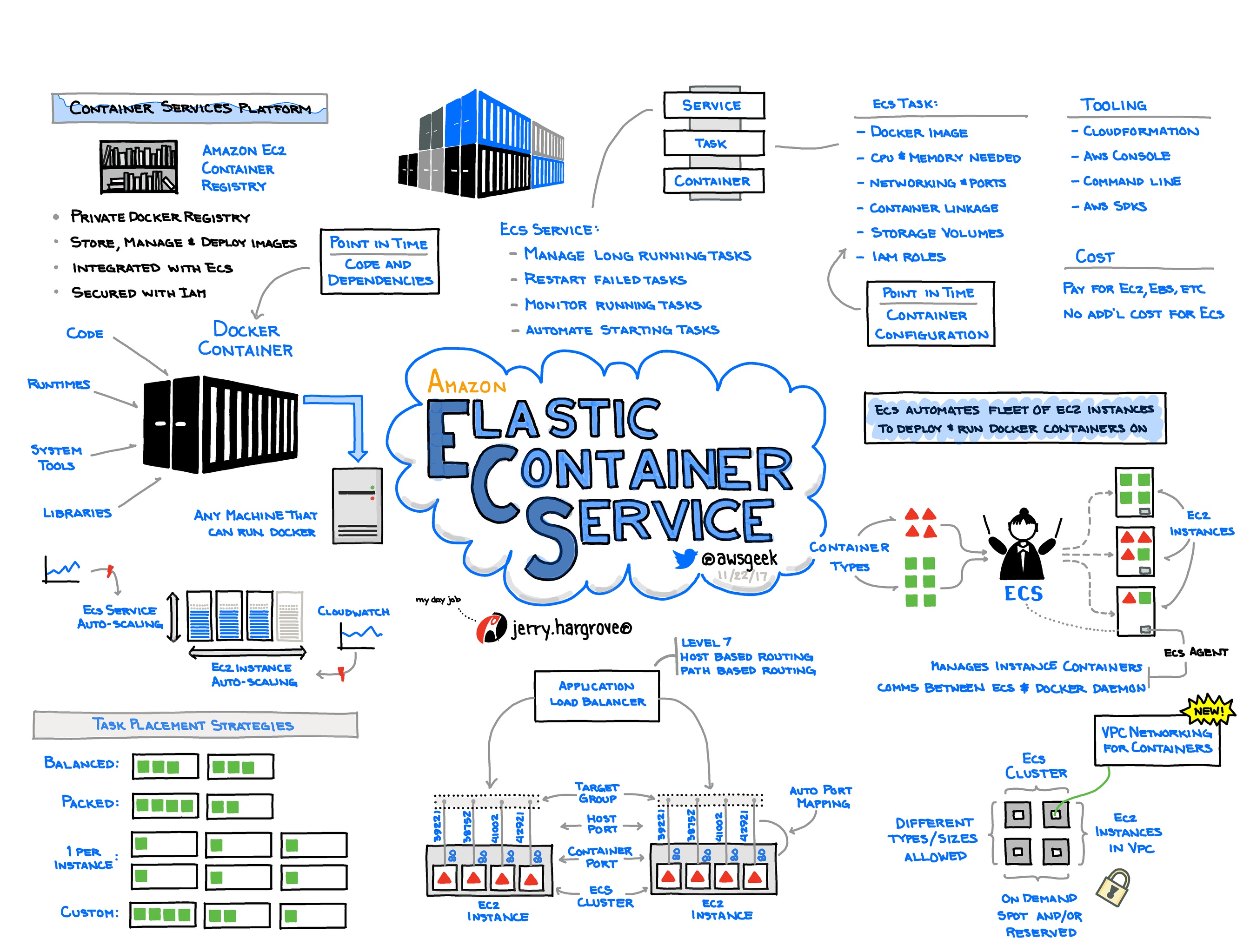
Amazon Elastic Container Service (ECS) is a fully managed container orchestration service that allows developers and IT administrators to run and manage Docker containers on a cluster of Amazon EC2 instances. ECS automates the deployment and scaling of containerized applications, making it an integral tool for modern enterprise application development and DevOps practices. This service is deeply integrated with other AWS offerings, such as AWS Fargate, which provides serverless computing capabilities for containers, and Amazon EC2, offering robust compute power. By leveraging ECS, teams can focus more on building applications rather than managing infrastructure.
Use Cases
ECS is particularly useful for microservices architectures, where applications are divided into loosely coupled components that can be deployed independently. This division enhances scalability and fault tolerance. It's commonly used for creating and running batch processing workloads, automated CI/CD pipelines, and application modernization projects where legacy applications are containerized for better resource utilization. Additionally, ECS supports hybrid deployment models, allowing on-premises workloads to integrate seamlessly with cloud-based microservices, providing flexibility and operational consistency.
Pricing
Amazon ECS pricing is primarily based on the resources consumed by the underlying infrastructure, such as Amazon EC2 instances or AWS Fargate compute time. With EC2 launch types, you pay for the virtual machine compute, storage, and networking resources you provision. AWS Fargate pricing is based on the requested vCPU and memory resources used by your containerized applications. While there is no upfront fee for ECS, it's crucial to understand the billing details of the services you tie into ECS, such as Amazon CloudWatch for monitoring and Amazon ECR for container image storage.
Scalability
ECS handles scaling automatically, adjusting the number of container instances in response to the demand for your application. With the integration of AWS Auto Scaling, ECS can scale out clusters on demand based on cloudwatch metrics. This feature enables rapid adjustment to changing workloads, ensuring that resources are used efficiently while maintaining performance. ECS also supports task-based scaling, where individual tasks are updated with the desired capacity, allowing fine-grained control over application behavior.
Availability
ECS leverages AWS's global infrastructure to ensure high availability. Clusters can be deployed across multiple Availability Zones within a region to increase fault tolerance. This geographic distribution capability enhances resiliency against outages. Additionally, ECS integrates with AWS services like Amazon Route 53 for reliable DNS routing and Amazon VPC to isolate applications and maintain network performance and security configurations.
Security
Security in ECS is robust, with support for IAM roles to ensure fine-grained permissions for container instances and tasks. Network security is facilitated through Amazon VPC isolation and security groups to control inbound and outbound traffic to containers. Furthermore, ECS integrates with AWS Secrets Manager and AWS Key Management Service to manage and encrypt sensitive data. Automatic patching of underlying infrastructure ensures compliance with security standards.
Competition
Other major cloud providers offer competing managed container services. Google Cloud offers Google Kubernetes Engine (GKE), which provides a container-based computing platform for deploying and managing containerized applications on Kubernetes, offering advanced capabilities like multi-cluster support and cluster auto-scaling. Microsoft Azure provides Azure Kubernetes Service (AKS), a managed Kubernetes service with features such as Azure Active Directory integration and automatic updates. Alibaba Cloud presents its Container Service for Kubernetes, which offers a similar managed Kubernetes experience with added benefits from Alibaba's network infrastructure, delivering seamless integration with Alibaba Cloud's other services.
In summary, Amazon ECS provides a robust platform for developers and IT administrators to manage containerized applications efficiently. Its capacity for integration, security, and scalability makes it an essential component of modern cloud-native architecture, though firms should carefully evaluate costs and compare features with other cloud providers to ensure the best fit for their needs.
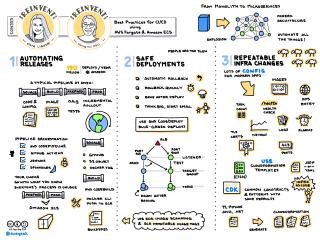 CI/CD with Fargate & ECS
CI/CD with Fargate & ECS
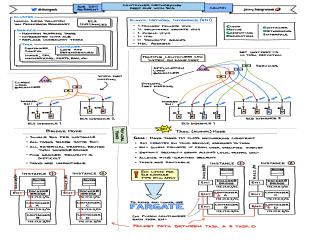 Container Networking Deep Dive with Amazon ECS
Container Networking Deep Dive with Amazon ECS
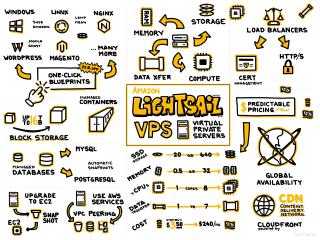 Amazon Lightsail
Amazon Lightsail
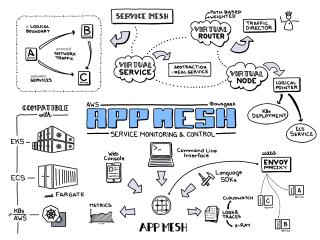 AWS App Mesh
AWS App Mesh